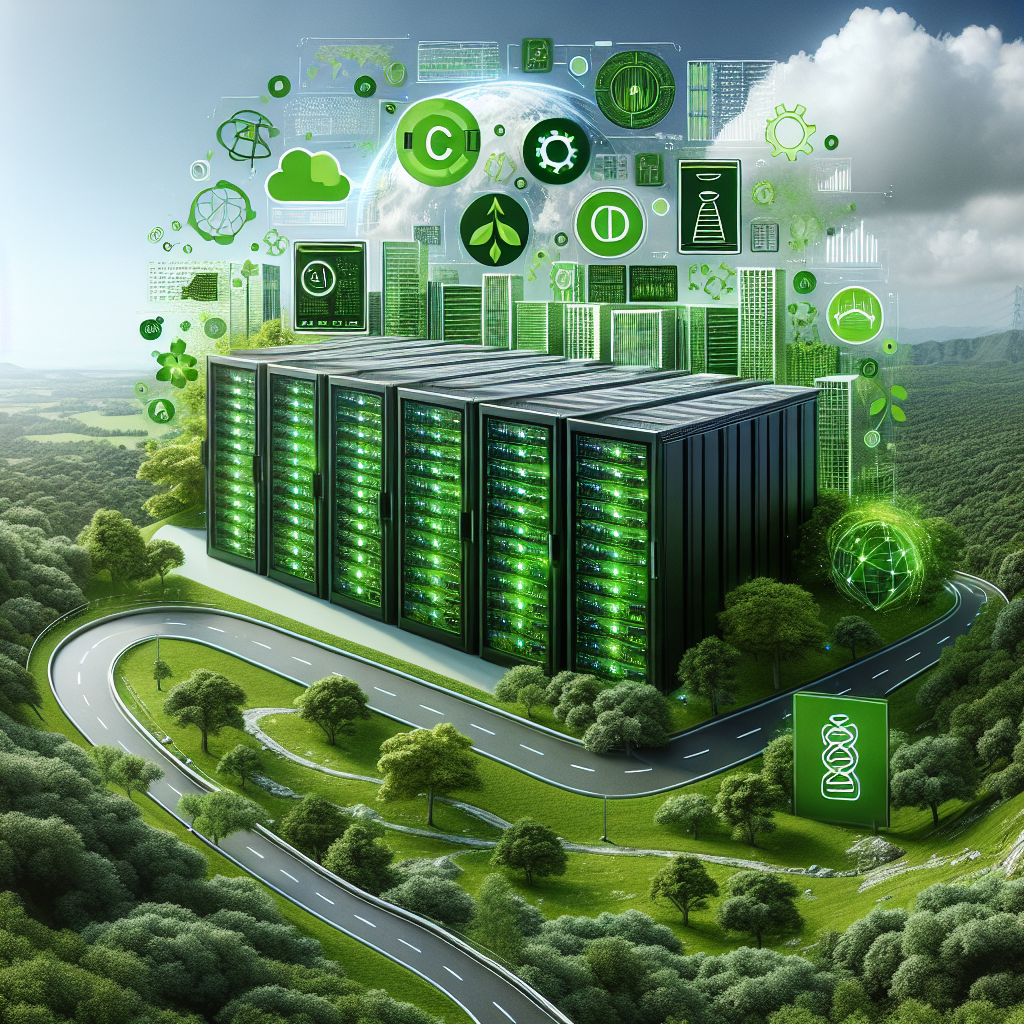Driving Towards a Greener Future: The Role of Data Center Energy Efficiency
In today’s digital age, data centers play a crucial role in storing and processing vast amounts of data for businesses and individuals alike. However, as the demand for data continues to grow, so does the need for energy to power these data centers. With concerns about climate change and the environmental impact of traditional energy sources, there is a pressing need for data centers to become more energy efficient and environmentally friendly.
One of the key ways in which data centers can work towards a greener future is by improving their energy efficiency. According to the U.S. Department of Energy, data centers are some of the largest consumers of electricity in the United States, accounting for about 2% of the country’s total energy consumption. By implementing energy-saving measures such as using energy-efficient servers, cooling systems, and lighting, data centers can significantly reduce their energy usage and carbon footprint.
Data center operators can also optimize their energy usage by implementing advanced monitoring and management systems. By collecting and analyzing data on energy consumption in real-time, operators can identify areas where energy is being wasted and make adjustments to improve efficiency. For example, they can adjust cooling systems to operate at optimal temperatures, or shift workloads to servers that are running more efficiently.
In addition to improving energy efficiency within their own operations, data centers can also contribute to a greener future by sourcing renewable energy. Many data centers are now investing in solar panels, wind turbines, and other forms of renewable energy to power their operations. By reducing their reliance on fossil fuels, data centers can significantly reduce their carbon footprint and help to combat climate change.
Furthermore, data centers can also play a role in supporting the wider transition to a greener economy. By hosting cloud services and virtualization technologies, data centers enable businesses to reduce their own energy consumption and carbon emissions. This is because cloud services allow businesses to access computing power and storage capacity on-demand, without the need for physical servers and data centers on-site.
Overall, the role of data center energy efficiency in driving towards a greener future cannot be understated. By improving energy efficiency, sourcing renewable energy, and supporting the wider transition to a greener economy, data centers can make a significant impact on reducing their environmental footprint and contributing to a more sustainable future. As the demand for data continues to grow, it is essential that data center operators prioritize energy efficiency and environmental sustainability in their operations.


